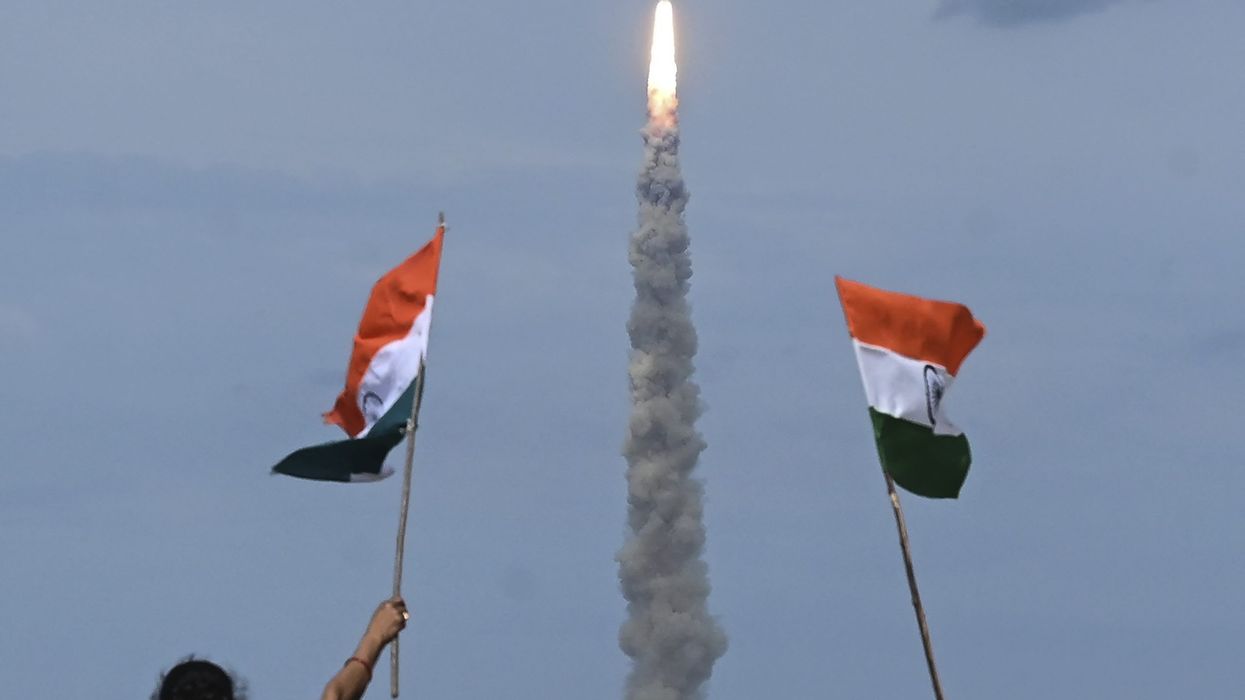Narendra Modi announced on Tuesday (17) India's ambitious plans to send a man to the Moon and establish a space station by 2040, showcasing the country's intensified efforts in its space programme.
This announcement coincides with a significant upcoming test flight for India's first crewed space mission, scheduled for Saturday (21).
Modi told space agency officials that they should "build on the success of Indian space initiatives".
The country "should now aim for new and ambitious goals, including setting up 'Bharatiya Antariksha Station' (Indian Space Station) by 2035 and sending first Indian to moon by 2040," he said in a statement late Tuesday.
Modi asked them to develop plans for "a series of missions" to the Moon.
India runs a low-budget space operation. It became the first to land a craft near the largely unexplored lunar south pole in August and, a month later, successfully launched a spacecraft to observe the outermost layers of the Sun.
In 2014, India became the first Asian nation to put a satellite into orbit around Mars, and its space agency Indian Space Research Organisation (ISRO) launched 104 satellites in a single mission in 2017.
India's current focus remains on its first manned mission into outer space, called Gaganyaan or "Skycraft".
The three-day mission, expected to take place next year, aims to send a three-member crew into Earth's orbit at a cost of about $1.08 billion, according to ISRO.
The country also plans to launch a probe to the Moon with Japan, land a craft on Mars, and send an orbital mission to Venus within the next two years.
India has been steadily matching the achievements of established spacefaring powers at a fraction of their cost.
Experts say India can keep costs low by copying and adapting existing technology, and thanks to an abundance of highly skilled engineers who earn a fraction of their global counterparts.
India says it only accounts for two percent of the $386 billion global space economy, a share it hopes to increase to nine percent by 2030.
(AFP)




